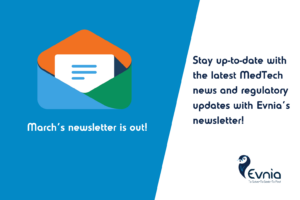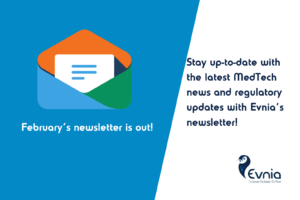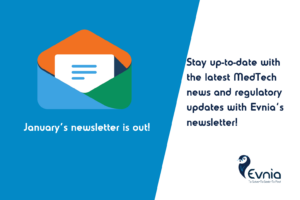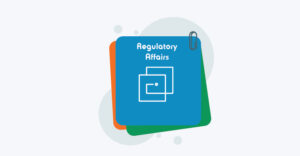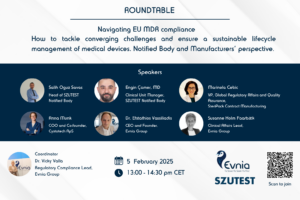Abstract
The use of real-world evidence (RWE) to support international regulatory decision-making is reflected in the growing number of regulatory frameworks and guidelines published by Competent Authorities and international initiatives that accept real-world data (RWD) sources. RWD can be obtained from a range of sources, including electronic health/medical records, pharmacy and insurance claims, patient-reported outcomes, product and disease registries, biobanks, and observational studies. However, the availability of RWD sources depends on the processes/systems implemented by regional healthcare systems, which are limited by the potential of inconsistent data collection, heterogeneity of clinical practices, and an overall lack of standardization. As the analysis of RWD/RWE primarily evaluates association rather than causation, it is still often viewed as a supplement to, rather than a replacement of, data that derives from controlled environments, such as Randomized Controlled Trials (RCT). Despite this, RWE may still be used to support the assessment of safety and effectiveness in regulatory submissions and can facilitate regulatory decisions (including reimbursement) by providing long-term data on safety and performance that could not otherwise be collected during the limited duration of a RCT. However, available RWE frameworks reveal serious challenges to the use of RWE for the support of the assessment of safety and effectiveness, due to biases in data collection, lack of randomization, quality of data collection, and generalizability of results and endpoints. Patient privacy and the need to ensure confidentiality also hinders regulatory stakeholders from establishing and implementing concrete regulations. This is because the collection and management of RWD must be used in accordance with national, and often conflicting, laws on data protection and information governance. This article summarizes all currently available RWE frameworks and discusses potential solutions for future harmonization and cross-stakeholder collaborations. Such harmonization and collaboration will boost the integration of RWE, not only in the post-approval stages of a medicine’s lifecycle but also in the development and lifelong post-market surveillance of medical devices (MDs).
Read the article:

